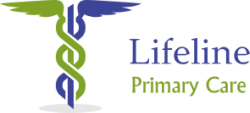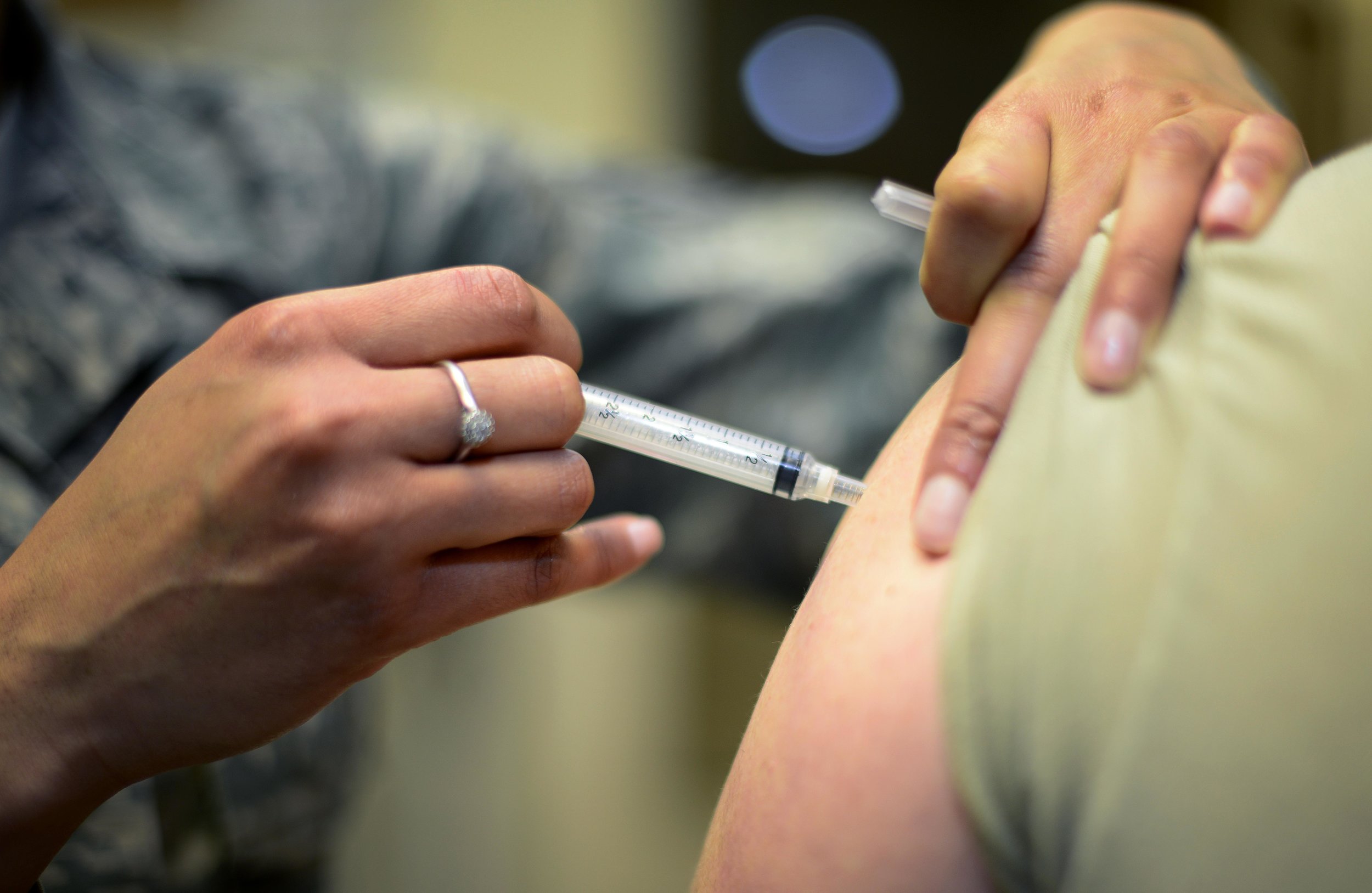At Lifeline Primary Care, the health and safety of our patients comes first. During this public health pandemic, it is important to protect yourself and your community and stay home if you can. While we are taking extra precautions at our clinics to ensure all visitors are safe, we are also officially launching online video appointments to help you receive face time with our providers from wherever you are during office working hours.
You can use the video calls if you need a refill on your medication or if you have symptoms of coronavirus (i.e. fever, cough, fatigue) but are afraid or unable to come into one of our clinics. Co-pays will apply.
Current patients should check their emails for an invitation to join the Hale Health app from one of our providers. If you are a new patient or have not received an invitation and would like to request access, please call 770-545-8332 or fill out this online form.
Once you receive your invitation, you can begin by visiting app.hale.co or by downloading the Hale Health app from the iPhone App Store or Android Google Play console.
Using the website or phone app, you can easily connect with our providers any time – wherever you happen to be. You will also be able to manage all of your health concerns from one place, share messages, photos, videos and more.
If you have any questions or need help with the app or website, call our office at 770-545-8332 and our staff will be more than happy to assist you.
















